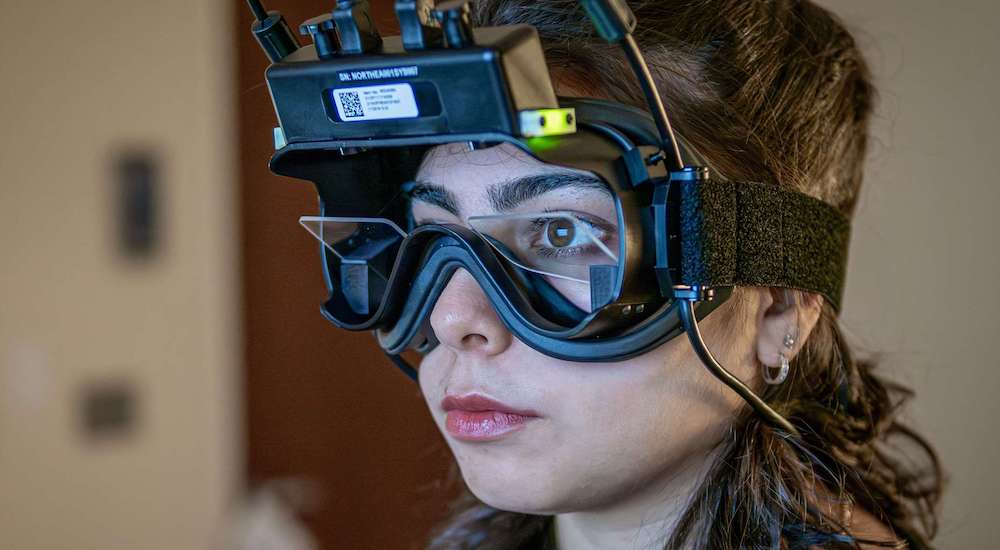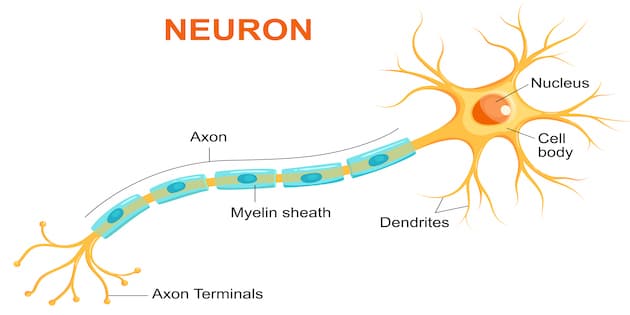Hearing loss linked to delinquency in pre-teen Pacific kids
society
An ethnically-based study by New Zealand researchers has related hearing impairment with moderate delinquency, underlining the serious social and economic impact of hearing disability on individuals and families.

The study looked at nearly one thousand Pacific 11-year-olds living in New Zealand, testing their hearing in a school setting, and having them complete multidisciplinary questionnaires which included questions about involvement in delinquent behaviors, peer pressure, and self-perception. In the home setting, maternal reports were gathered on internalising and externalising problem behaviours in their offspring, their parenting style, and sociodemographic details. Based on earlier findings, peer pressure, self-perception, physical punishment (slapping), sex, and ethnicity were controlled for in the association between hearing difficulties and behavioural outcomes.
A significant effect of hearing level was detected for the odds of reporting mild delinquency versus no delinquency (odds ratio: 1.02, 95% CI: 1.00 to 1.05) and odds of moderate delinquency versus no delinquency, although children with middle ear disease were significantly less likely than all other participants to exhibit disruptive externalizing behaviour in the clinical range.
The study concluded that "relatively young children with hearing loss reported engagement in moderate levels of delinquency that represent serious antisocial and potentially violent acts."
"This finding provides evidence of the significant effect that hearing loss has on child behaviour. This association between hearing loss and moderate delinquency requires ethnic-specific interventions that are targeted for maximum benefit at appropriate times in childhood to mitigate potentially long-term health, educational, and behavioural risks," the conclusion affirms.
This research was led by academic Janis Paterson, founder of the Pacific Islands Families Study, and full professor in developmental psychology at the Auckland University of Technology, New Zealand.
Source: American Auditory Society



